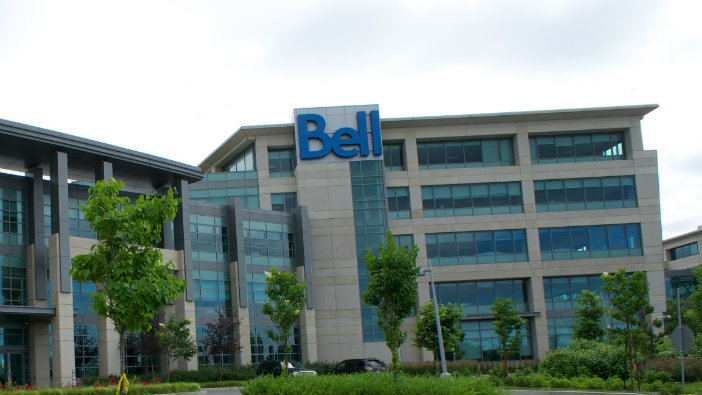
BCE (TSX:BCE)(NYSE:BCE) has typically been thought of as a “permanent holding” among retirees and doomsday investors. The dividend is bountiful, and it’s fully supported by steady cash flows that are dependable under any market environment. Recession, depression, contraction, or boom … it doesn’t matter. A majority of people can’t live without their cell phones and are more than willing to ride out their contracts to maturity in spite of their tight budgetary constraints.
Indeed, BCE is a name you’ll never lose sleep over. The company is as dull as it is stable, and although the company is a low-volatility market darling, the stock has taken a pretty big hit to the chin (17.5% peak-to-trough decline) in recent months thanks to the rising interest rate environment. These higher rates make BCE’s dividend less attractive, and although the payout isn’t in any sort of trouble, I suspect the stock will continue to retreat over the near to medium term for a number of reasons.
First, BCE is going to struggle to obtain any meaningful amount of growth moving forward. With a market cap of $47.5 billion, the company is an extremely mature name in a concentrated space where there’s little to no room to score an attractive return on invested capital.
Over the last three years, BCE has averaged a mere 2.6% in revenue growth with a minuscule 1.55% in EPS growth. Moreover, BCE’s ROIC and ROE are on the downtrend, which I believe will continue as regulatory hurdles, rising competition, and expensive, necessary infrastructure investments are made.
Second, BCE isn’t going to get a big jolt from Apple (NASDAQ:AAPL) and its latest iPhones (XS, XS Max, and XR) over the near term, as the phones are heavily subsidized and will result in slow and steady prop-up in cash flows rather than a catalyst that can propel BCE stock out of its funk.
Third, Freedom Mobile of Shaw Communications is going to remain a thorn in the side all three big Canadian telecoms. The inferior Freedom network is improving by the day, and as the performance gap between Freedom and BCE’s Bell Mobility gradually shrinks, one has to think that BCE needs to invest more on customer service initiatives to improve retention rates.
Foolish takeaway
BCE stock is cheap, but it’s cheap for a reason, and I just don’t see a catalyst that could propel BCE higher over the next year. The stock trades at a 14.6 forward P/E, a 2.8 P/B, a 2.0 P/S, and a 6.3 P/CF, all of which are considerably lower than the company’s five-year historical average multiples of 17.5, 3.7, 2.1, and 7.5, respectively. Moreover, each metric mentioned is also lower than the industry average.
With BCE, you’re getting a bountiful yield, but if you’re expecting something extra (capital gains), I wouldn’t get my hopes up. If the yield is all you’re getting, you might as well wait for it to swell up a bit more.
Stay hungry. Stay Foolish.
Fool contributor Joey Frenette owns shares of Apple and SHAW COMMUNICATIONS INC., CL.B, NV. David Gardner owns shares of Apple. The Motley Fool owns shares of Apple and has the following options: long January 2020 $150 calls on Apple and short January 2020 $155 calls on Apple.